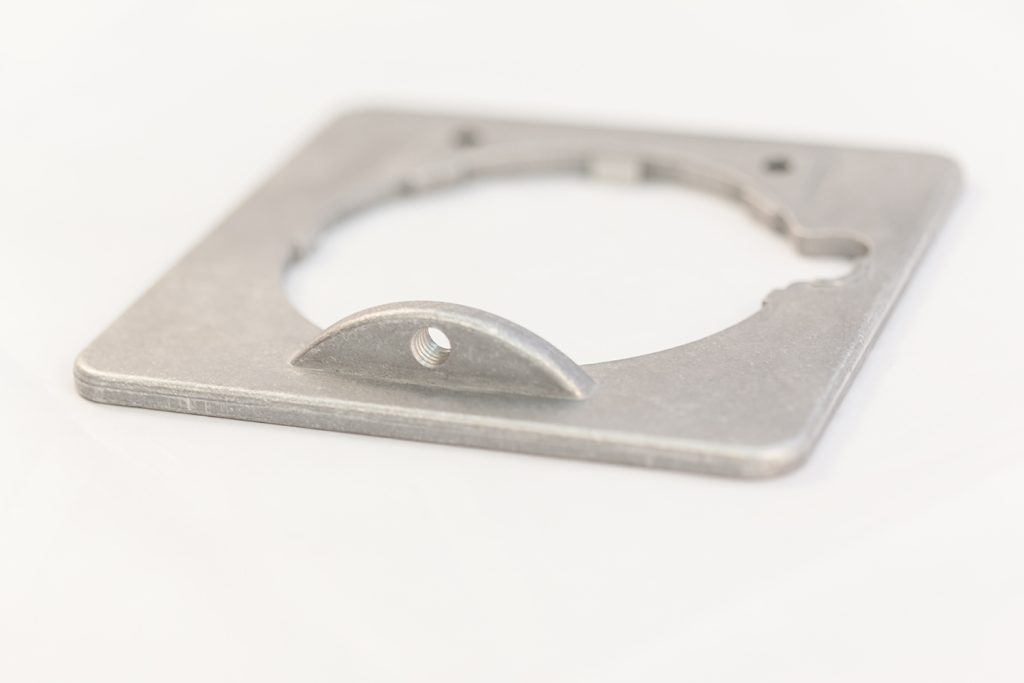Materials to Consider When Manufacturing Cars
The complexity of car design and manufacturing has evolved over the past few decades, with more manufacturers investing in developing the right types of materials for cars. This choice in materials depends on important and vital standards such as safety, to ensure both an ergonomic design and compliance with existing legislations and regulations.
New technological developments have provided car manufacturers with a wide range of materials and composites that had previously been utilised exclusively in the aerospace industry.
Main Materials Used in Car Manufacturing
Undoubtedly the most utilised material in car manufacturing, steel composes around 80% of an average car’s weight. Produced from mined iron ore, the material is used to build the chassis and the body, including roof, door panels and beams between doors. At present, steel has up to 12 different grades and strengths, which makes cars more secure than older models.
Aluminium was introduced in car manufacturing as it is 50% lighter, 1.5 times thicker, and a third more dense than steel. In a steel car weighing 1,500kg, the use of aluminium could result in up to a 300kg weight reduction, while still maintaining the same level of safety.
Aluminium’s high resistance to corrosion is due to the presence of an invisible oxide film on its surface. Its properties allow for twice the absorption of energy per unit of mass when compared to steel. More expensive cars are usually fitted with aluminium, as the metal is expensive and harder to manipulate.
In high strength and high temperature zones, such as suspension springs and exhaust systems, titanium is the best choice of material. A valve composed of titanium weights around 60% to 65% of the equivalent hollow, steel valve. By utilising suspension springs made of titanium, car manufacturers save around 20 to 25kg of mass per vehicle.

Requirements of the Materials
In the car manufacturing industry, it’s essential to take into account the cost of the raw materials, the costs from the manufacturing process and the designing and testing phase. The materials must be efficient and sturdy, but also provide an economic choice for manufacturers.
Lightweight materials such as plastic composites ensure that overall weight reduction positively impacts fuel usage, leading to around 6% to 6% improvement in fuel efficiency. Through the introduction of such materials, it is possible to optimise the design without compromising both durability and safety.
Crashing and penetration resistance are vital when designing cars. The safety of passengers is related to the materials ability to absorb impact energy, through both controlled failure modes and mechanisms, and the total absorption without permitting projectile and fragment penetration.
With the increased concern about recycling, protecting resources and reducing CO2 emissions, the capability of reutilising materials is vital. Car manufacturers need to take into account how their vehicles can be recycled and disposed of when choosing materials.

Looking to the Future
Cars of the future can potentially be built out of carbon fibre polymer composites, allowing for safer, lighter, and more fuel efficient cars. The woven layers bond together to make hardened plastic, with 1.6g per cubic centimetre of density, similar to sugar’s density. The complexity and the labour intensive manufacturing process provide an optimum result, but further research and development is required in order to guarantee its economic efficiency.
Ford is investing in carbon fibre research, working in collaboration with DowAksa and US Department of Energy to propel car manufacturing techniques and materials to a higher level of innovation. The company’s Lightweight Concept Fusion concept applies lightweight materials such as magnesium, aluminium, carbon fibre, composites, and high-strength steel to reduce weight, fuel consumption, and emissions. The partnership between companies will allow for reduced raw material costs, reduced energy required to produce carbon fibre components, and develop efficient recycling processes.
With a quarter of the density of steel and two thirds of aluminium, magnesium is an extremely light car material. This material has the best strength to weight ratio, and can be utilised in interior applications such as air bag housings, ashtray doors, steering wheels, and steering lock housings. Fiat Chrysler Automobiles is using magnesium to both reduce the weight of their vehicles and boost fuel economy.

Regardless of where the future of the automotive industry has in store, the future of manufacturing technology is bright. Choosing the right materials is vital, but so is having the expertise to work with them and being able to cast them to create high quality results is just as important. At Dean Group, we specialise in investment castings and our team of experts in our manufacturing facilities in Manchester are highly trained. Our ISO and TS accreditations and extensive knowledge assures you always receive the highest possible product and service.
To know more about services, contact us on 0161 775 1633 to make an enquiry. You can also see our latest news and updates by following us on Twitter, LinkedIn, and Google+.
Registered in England VAT No: 146307478 Company Registration No: 1062820




